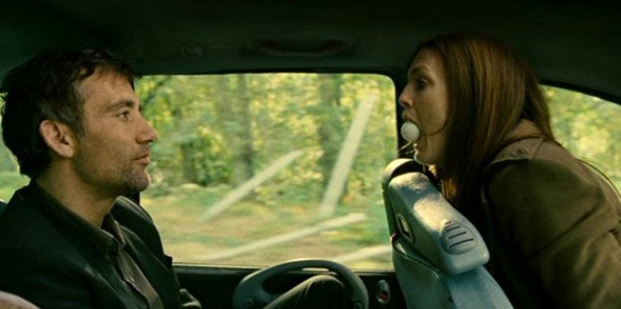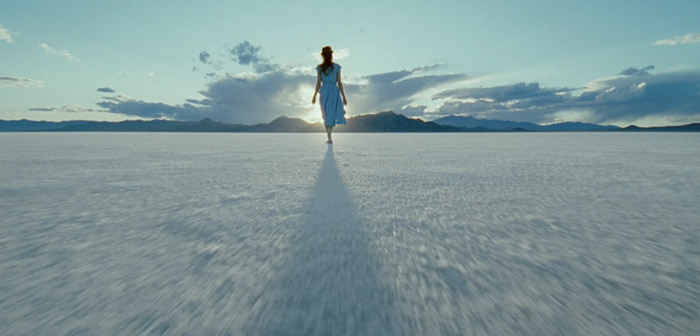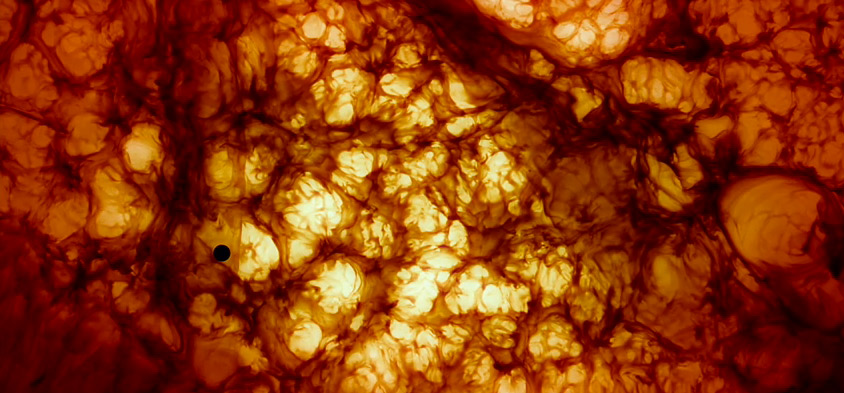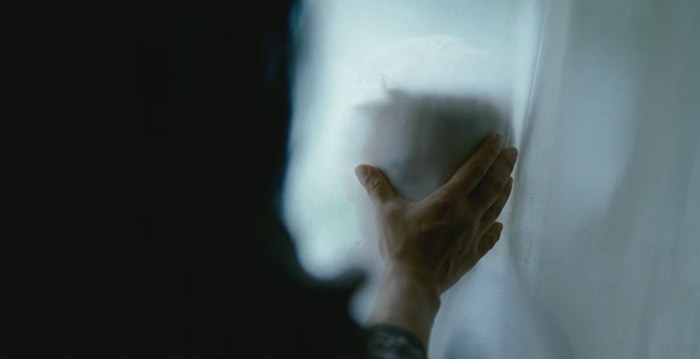For the 20th anniversary of the James Cameron classic Terminator 2, Judgment Day a reposting of the Personal Canon essay on the film, easily one of the best actioners of all time with a performance by Linda Hamilton which rivals Sigourney Weaver's Ripley badassery ...and that's a nearly impossible feat.
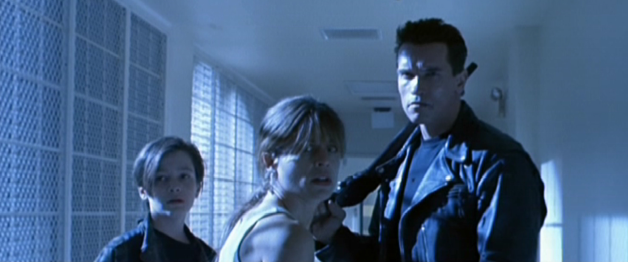
T2: Judgment Day (1991) Directed by James Cameron | Screenplay by James Cameron and William Wisher Jr | Starring: Arnold Schwarzenegger, Linda Hamilton, Robert Patrick, Joe Morton, S Epatha Merkerson and introducing Edward Furlong | Released 07/03/1991
Once the big profits for the small budgeted The Terminator began rolling in in October of '84, James Cameron became a hot commodity. He wasted no time on the follow up. Twenty-one months later the release of the much larger sci-fi spectacle Aliens (1986 -- to be celebrated here very soon) catapulted him from "filmmaker to watch" to the real deal. His long absence from the multiplex -- Avatar's December 2009 bow ended a 12 year drought -- made it easy to forget this basic truth: the director once moved swiftly through the stages of filmmaking if never quite as rapidly as his movies moved through their action. After Aliens, he left outer space for the deep seas with The Abyss (another hit) and having proved himself thrice over, returned to the killer robots that made his name.
"Model Citizen"
The Terminator cost 6 million to make, Terminator 2: Judgment Day would cost 100 million plus. The budget wasn't the only thing exploding: salaries, visual effects, setpieces, ambition, and public reaction were all supersized. Yet for all of this exponential external growth, Cameron smartly kept his focus tight and intimate.
 Early shots give you the color scheme: fiery reds|steel blues. (Michael Edwards as JC.)
Early shots give you the color scheme: fiery reds|steel blues. (Michael Edwards as JC.)
Sarah Connor's opening narration and the imagery of post-apocalyptic LA it plays over, both review the first movie and download Cameron's game plan for the sequel.
The computer which controlled the machines, Skynet, sent two terminators back through time. Their mission: to destroy the leader of the human resistance, John Connor my son. The first terminator was programmed to strike at me in the year 1984 before John was born. It failed. The second was set to strike at John himself when he was still a child. As before the resistance was able to send a lone warrior, a protector for John. It was just a question of which one of them would reach him first.
In other words, it's more of the same... only bigger which we notice immediately by way of shinier effects and massive fireball explosions. This repeat template is familiar but it won't be comfortable. We're also going deeper. The story structure is varied only enough to reflect the passage of time. But what has that passage of time wrought?
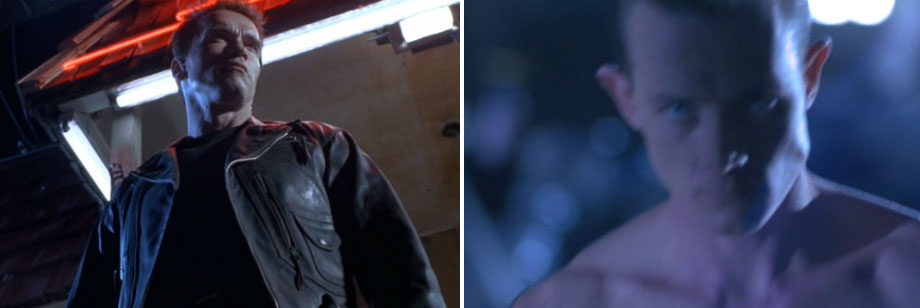 Upgrade U: The origin T-800 (Arnold) and the leaner meaner T-1000 (Robert Patrick)
Upgrade U: The origin T-800 (Arnold) and the leaner meaner T-1000 (Robert Patrick)
As before... two naked men arriving from the future are introduced first. Once clothes are violently procured, their target is immediately identified by text (a phone book in the first film, a police car monitor in the second). Cut to target: John Connor (Edward Furlong). He's even introduced with a shot of a motorbike just like his mother was in 1984. So far so remarkably similar. This makes the slight tweaks stand out all the more. First, the film is more self consciously "funny" (the "Born to Be Bad" accompaniment to the T-800's intro). Second, both visitors from the future are instantly portrayed as formidable threats rather than as a David and Goliath mismatch. Third... where the hell is Sarah Connor?
Click to read more ...
 Wednesday, July 6, 2011 at 10:54PM
Wednesday, July 6, 2011 at 10:54PM 








